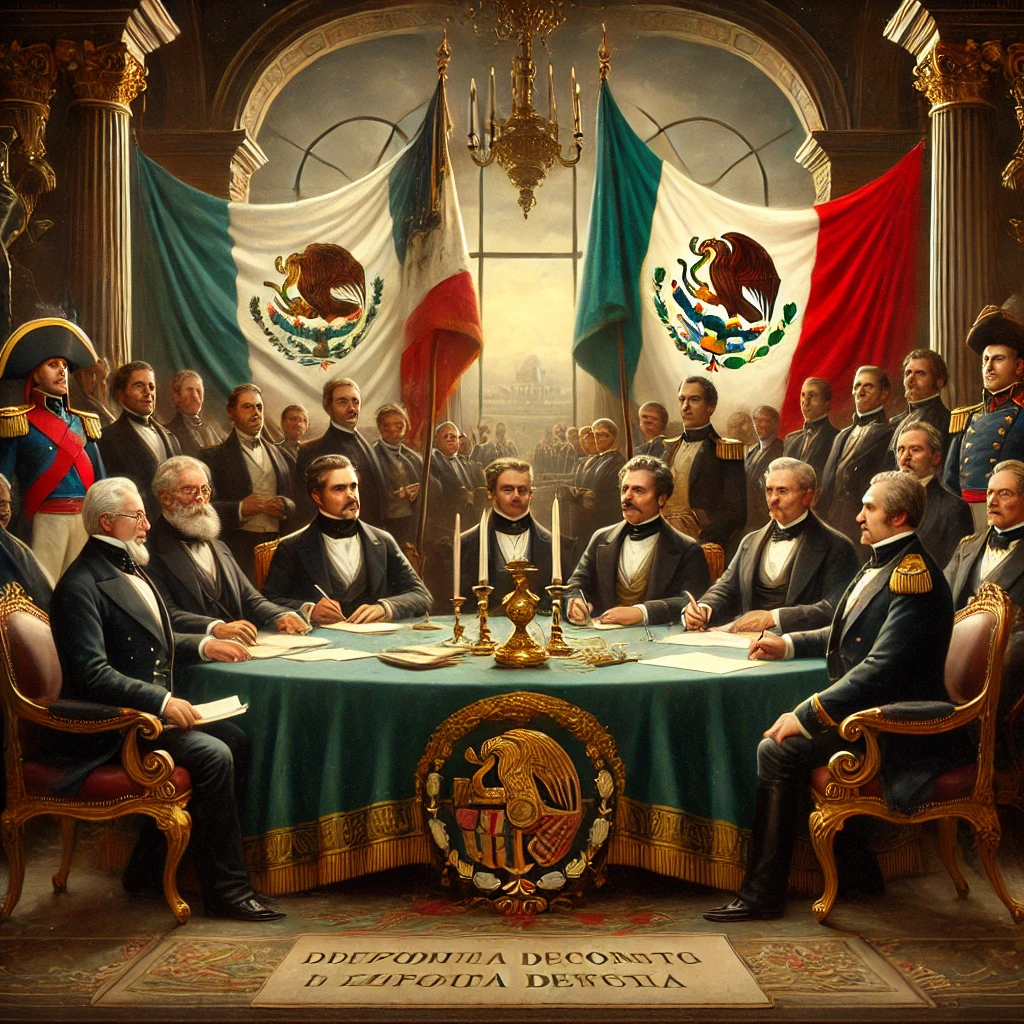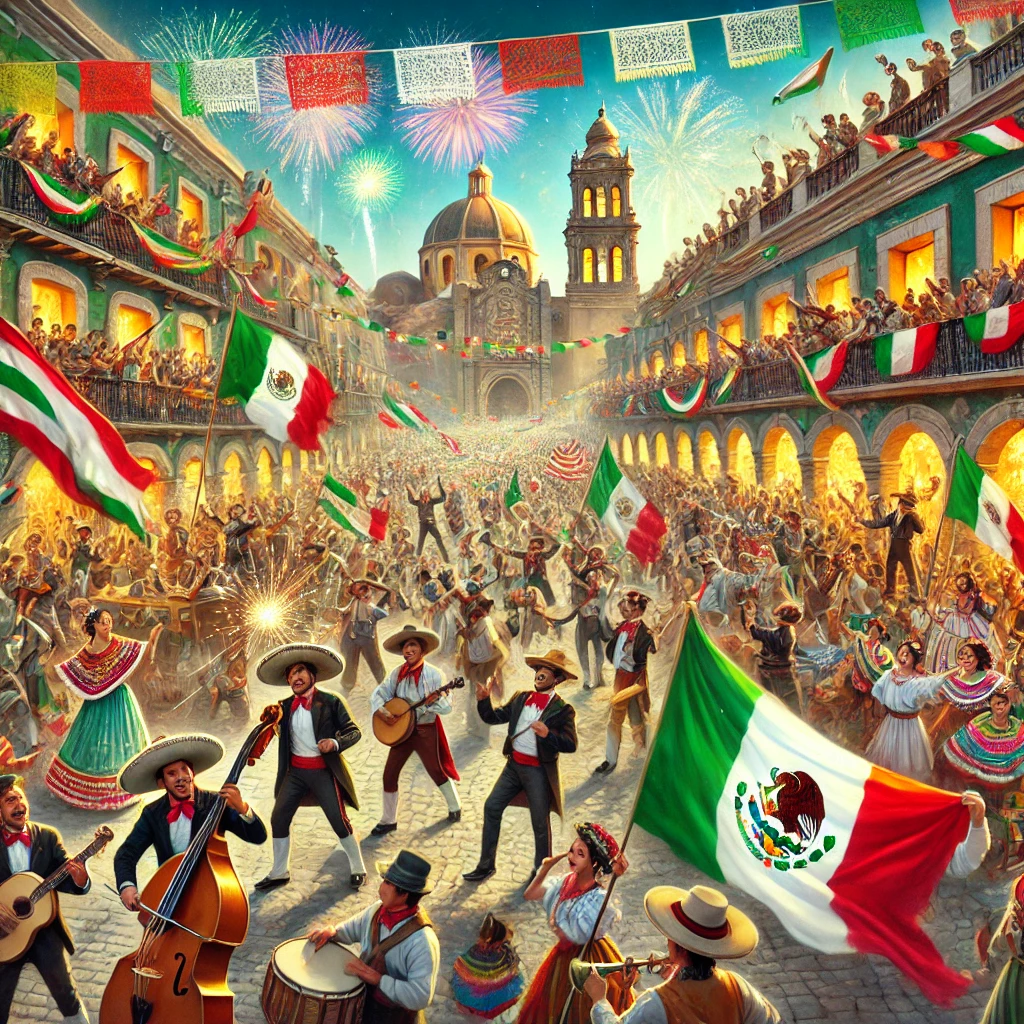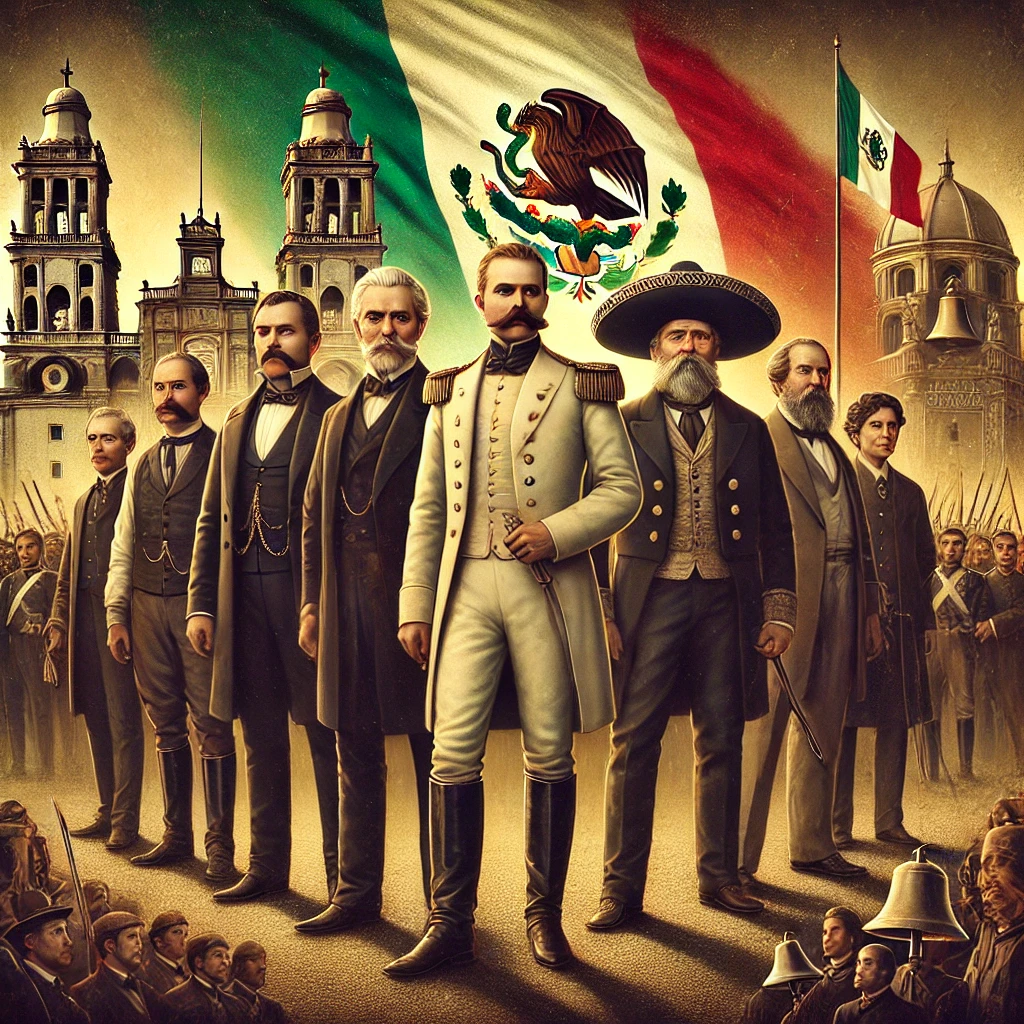On August 24, 1821, Spain formally recognized Mexico’s independence, marking a significant milestone in the country’s struggle for sovereignty. The recognition came after a long and tumultuous fight for independence that began with the Grito de Dolores in 1810, a call to arms led by Miguel Hidalgo, a Catholic priest. The struggle for independence was characterized by a series of revolutionary movements, battles, and political negotiations that ultimately culminated in Mexico’s successful bid for freedom from Spanish colonial rule.
The path to independence was fraught with challenges, including internal divisions, conflicts with royalist forces, and shifting alliances. Despite these obstacles, leaders such as Hidalgo, José María Morelos, and Agustín de Iturbide played crucial roles in uniting various factions and advancing the cause of Mexican independence. By 1821, the weary Spanish government, recognizing the futility of continuing the conflict and the practical realities of the new political landscape, agreed to negotiate terms with the Mexican independence leaders.

The Treaty of Córdoba and Its Implications
The formal recognition of Mexican independence was solidified through the Treaty of Córdoba, which was signed on August 24, 1821. The treaty was negotiated between Spanish officials and Agustín de Iturbide, who was a prominent leader of the independence movement and would later become the Emperor of Mexico. The treaty outlined the terms of Spain’s recognition of Mexico’s sovereignty and set the stage for the establishment of the new nation’s government.
The recognition by Spain was not merely a symbolic gesture; it had significant political and economic implications for Mexico. It marked the end of over three centuries of Spanish colonial rule and paved the way for Mexico to begin its journey as an independent nation. The transition from colonial rule to independence involved challenges in establishing a stable government, dealing with internal divisions, and navigating international relations.

The Legacy of Mexican Independence
The recognition of Mexican independence on August 24, 1821, is celebrated as a pivotal moment in the country’s history. It represents the culmination of years of struggle and sacrifice by countless individuals who fought for Mexico’s right to self-determination. The event laid the foundation for the development of the Mexican nation and its subsequent evolution through various political and social changes.
In contemporary Mexico, the anniversary of independence is commemorated with a range of activities, including parades, ceremonies, and cultural events. The legacy of the struggle for independence continues to be a source of national pride and identity. The recognition by Spain remains a significant historical milestone, symbolizing the end of an era of colonial domination and the beginning of Mexico’s journey as an independent and sovereign nation.

August 24, 1821, stands as a testament to the resilience and determination of the Mexican people in their quest for independence. The acknowledgment by Spain marked a new chapter in Mexico’s history, one characterized by the challenges and opportunities of nation-building and self-governance.
